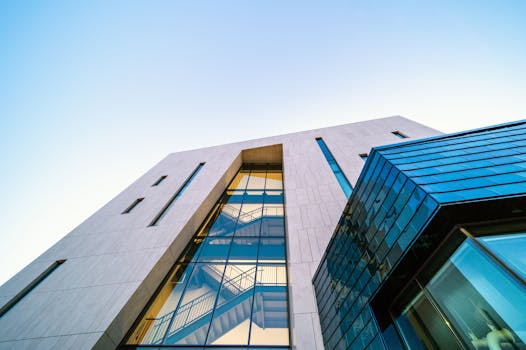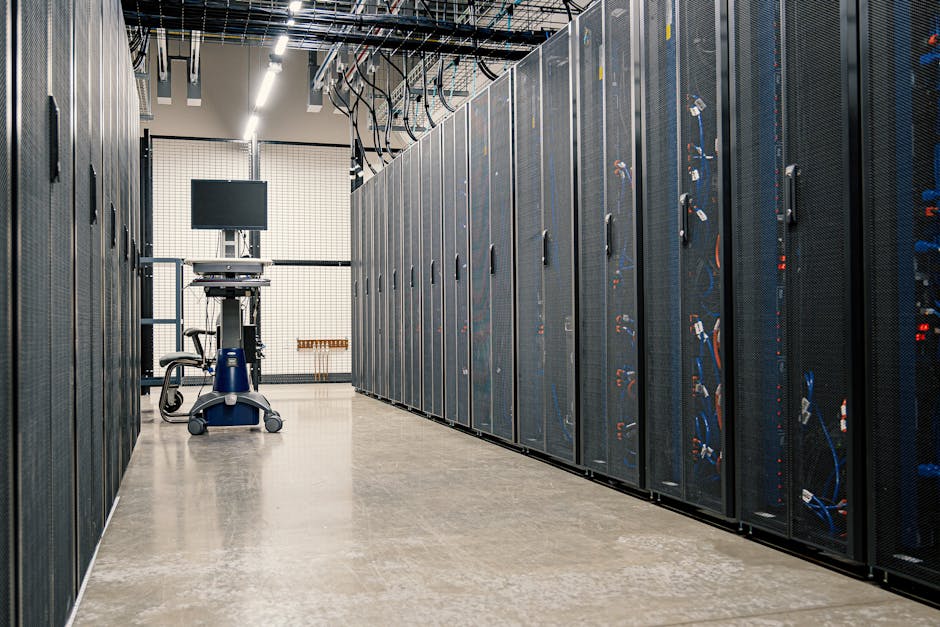
The Role of Fiber Companies in Africa’s Smart City Initiatives
The role of fiber companies in Africa’s smart city initiatives is a crucial one, as they provide the necessary infrastructure for efficient and sustainable urban development. As the continent’s cities continue to grow and expand, the need for reliable and high-speed internet connectivity has become increasingly important. Fiber companies are at the forefront of this effort, laying the groundwork for the development of smart cities across Africa.
Fiber optic cables are the backbone of modern telecommunications, providing the high-speed internet connectivity that is essential for smart city initiatives. These cables use light to transmit data, allowing for faster and more reliable internet connections. In Africa, fiber companies such as Liquid Telecom, Seacom, and MTN are leading the charge in deploying fiber optic cables across the continent.
Smart City Initiatives in Africa
Africa is home to some of the fastest-growing cities in the world, with many countries investing heavily in smart city initiatives. These initiatives aim to create sustainable, efficient, and livable urban environments, using technology to improve the quality of life for citizens. From traffic management and energy efficiency to public safety and healthcare, smart city initiatives rely on high-speed internet connectivity to function effectively.
In South Africa, for example, the city of Cape Town has launched a smart city initiative that includes the deployment of fiber optic cables to provide high-speed internet connectivity to residents and businesses. Similarly, in Kenya, the city of Nairobi has invested heavily in smart city infrastructure, including the deployment of fiber optic cables and the development of a smart traffic management system.
The Benefits of Fiber Companies in Smart City Initiatives
The benefits of fiber companies in smart city initiatives are numerous. Not only do they provide the necessary infrastructure for high-speed internet connectivity, but they also enable the efficient and sustainable development of urban areas. With fiber optic cables, cities can reduce their energy consumption, improve public safety, and enhance the overall quality of life for citizens.
Fiber companies also play a crucial role in promoting economic development in Africa. By providing high-speed internet connectivity, they enable businesses to operate more efficiently, creating jobs and stimulating economic growth. In addition, fiber companies can help to bridge the digital divide, providing internet access to underserved communities and promoting social inclusion.
Challenges and Opportunities
Despite the many benefits of fiber companies in smart city initiatives, there are also challenges to be overcome. One of the main challenges is the high cost of deploying fiber optic cables, particularly in rural areas where the population is sparse. Additionally, fiber companies often face regulatory hurdles, including the need to obtain permits and licenses to deploy their infrastructure.
However, there are also opportunities for fiber companies in Africa’s smart city initiatives. As the demand for high-speed internet connectivity continues to grow, fiber companies can capitalize on this trend by deploying fiber optic cables and providing related services such as internet connectivity and data storage. Additionally, fiber companies can partner with other stakeholders, including government agencies and private sector companies, to develop smart city initiatives that promote sustainable and efficient urban development.







